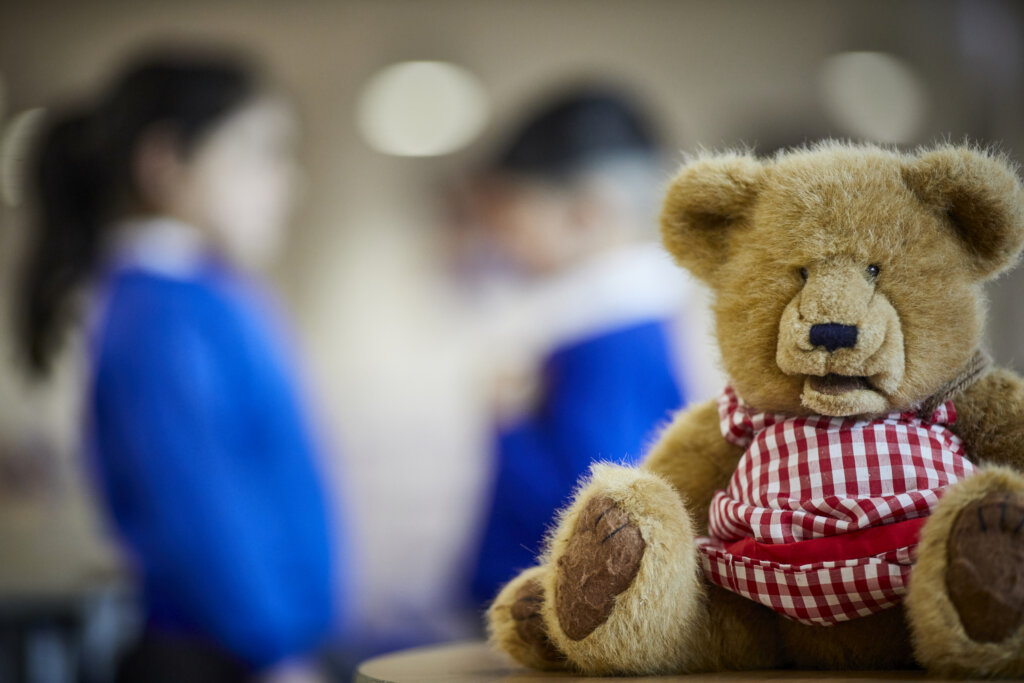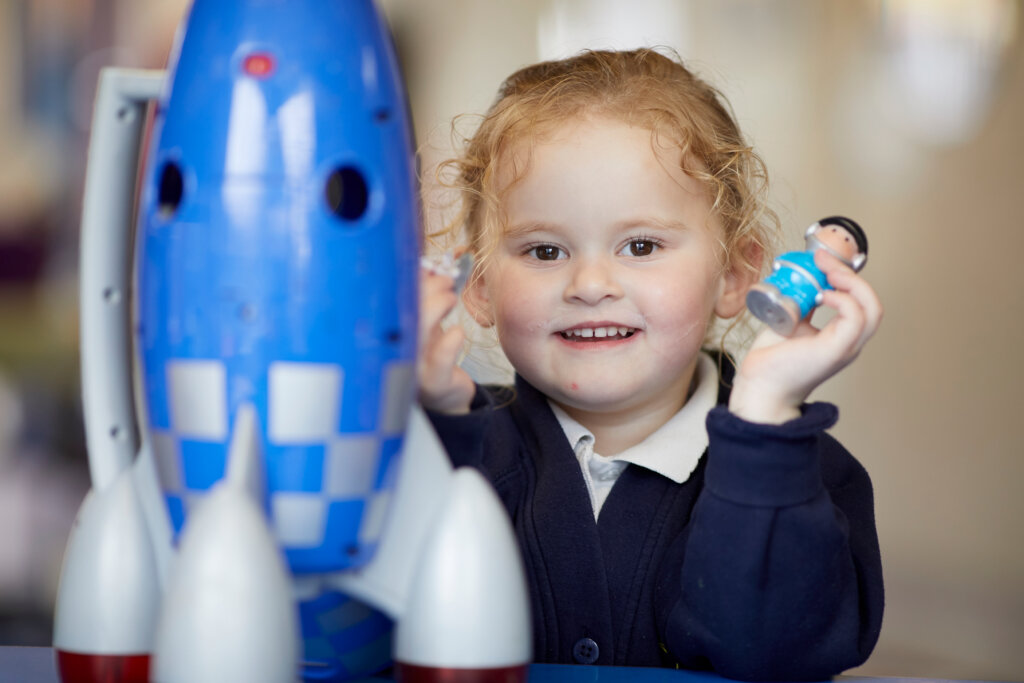Research highlights the intrinsic value of play as a natural and effective medium for children and young people to process trauma. Understanding that children often exhibit their thoughts, feelings, and experiences through play rather than verbal communication is essential. This perspective is grounded in a growing body of research that underscores how play therapy can facilitate emotional healing and resilience in those who have experienced traumatic events.
Understanding the Therapeutic Power of Play
Play serves as a universal language for children. It allows them to express feelings that might be too complex or painful to articulate in words. Studies show that when children engage in play, they recreate scenarios and emotions related to their trauma, enabling them to explore and make sense of their experiences in a safe environment. This process can lead to emotional relief and greater self-awareness.
Key Research Insights
- Play as a Natural Expression of Emotion: Research confirms that children often use play to express emotions associated with trauma. According to a study published in the Journal of Child Psychology and Psychiatry, children who have experienced trauma might reenact aspects of their experiences through role-play. This reenactment can help them confront and process their feelings, reducing anxiety and facilitating healing.
- Building Safety and Trust: Trauma can create barriers to emotional expression, leading to feelings of isolation and fear. Play therapy provides a safe space where children can build trust with their therapist. A study in the International Journal of Play Therapy illustrates that play therapy can enhance a child’s sense of safety, which is crucial for establishing therapeutic relationships. This safety allows children to explore their feelings without the threat of judgment or re-traumatisation.
- Enhancing Emotional Regulation: Research indicates that play can improve emotional regulation in children. A systematic review in the Journal of the American Academy of Child and Adolescent Psychiatry found that play therapy is associated with reduced symptoms of depression and anxiety in children who have experienced traumatic events. Through imaginative play, children learn to navigate their emotions, leading to healthier coping strategies in real-life situations.
- Integrating Trauma Narratives: Play therapy allows children to create stories through their play, effectively integrating their trauma narratives. This storytelling aspect helps children externalise their trauma, giving them the opportunity to make sense of what has happened and regain a sense of control. A study in Child Abuse & Neglect highlights that children who engage in play therapy can reconstruct their trauma stories, leading to a decrease in post-traumatic stress symptoms.
The Importance of Trained Professionals
While the benefits of play in processing trauma are well-documented, the implementation of play therapy requires trained professionals who understand the nuances of trauma and child development. Therapists skilled in this approach can create structured play scenarios while allowing for the child’s natural inclinations and creativity to guide the process. This balance fosters genuine expression while ensuring that therapeutic goals are met.
The existing research firmly establishes play as a natural and powerful vehicle for the processing of trauma in children and young people. By creating safe spaces, enhancing emotional expression, and facilitating the integration of traumatic experiences, play therapy offers a unique approach to healing. As more mental health professionals recognize the significance of play in therapy, there is potential for transformative outcomes for children and families affected by trauma. Through play, children can find not only healing but also the path toward resilience and emotional wellbeing.
Our Creative Psychotherapy in Education (CPE) service can deliver play therapy to support pupils on their journey towards positive mental health. With twenty years’ experience working in early intervention and complex casework, our strategies are tried and tested.
Get in touch to learn more about our services.
References
- Kirkland, K. (2016). The therapeutic powers of play: A review of the literature. International Journal of Play Therapy, 25(3), 139-154.
- This article discusses the therapeutic benefits of play and how it serves as an essential tool for emotional and psychological recovery in children.
- Landreth, G. L., & Bratton, S. C. (2006). Axline’s Play Therapy: A combination of theory and practice. In Play Therapy: The Art of the Relationship (2nd ed., pp. 59-87). New York: Routledge.
- This book explores the foundations of play therapy and how it can facilitate trauma processing in children through therapeutic play interactions.
- Bryant, R. A. (2011). Posttraumatic stress disorder in children: A review of the literature. International Review of Psychiatry, 23(3), 291-298.
- This review highlights how children can exhibit trauma symptoms and how interventions like play therapy can help them cope and heal.
- Koh, J. H. (2015). The use of play therapy in trauma treatment: A case study on Play Based Therapy. The Arts in Psychotherapy, 42, 112-119.
- This case study illustrates how play therapy can be utilized effectively in the treatment of trauma, demonstrating significant therapeutic outcomes.
- Gomez, A., & Smith, P. (2014). Exploring the link between play therapy and trauma recovery: Literature review. Child Abuse & Neglect, 38(1), 193-200.
- This literature review discusses the relationship between play therapy and trauma recovery, highlighting multiple studies that illustrate how play can facilitate the processing of traumatic experiences.
- Leveton, E. (2014). Play therapy with children: The power of play in the therapeutic process. Journal of Child & Adolescent Trauma, 7(1), 1-13.
- This article emphasises the efficacy of play therapy for children dealing with trauma and reviews various therapeutic techniques and approaches that utilise play for healing.
- Sexton, T. L., & Kitchner, J. A. (2008). The role of family in the healing process for children exposed to trauma. Journal of Family Therapy, 30(1), 25-44.
- This article discusses how both individual and family-based therapeutic approaches, including play therapy, can support children in overcoming trauma-related challenges.
Please complete the form below and we will get in contact as soon as we can to help you with your query.
















